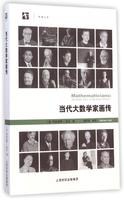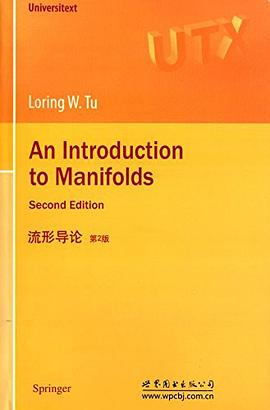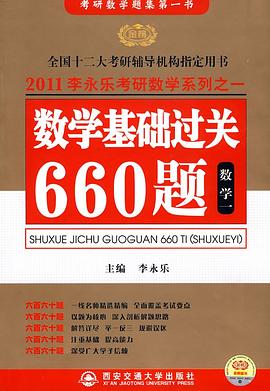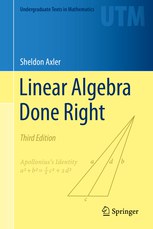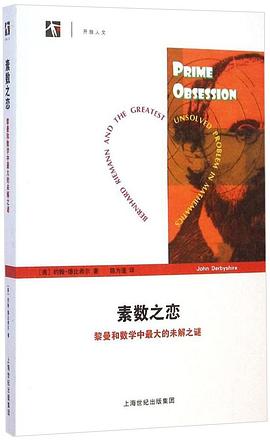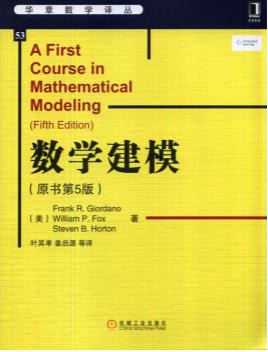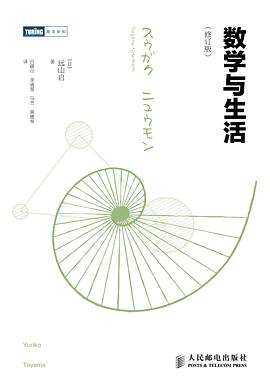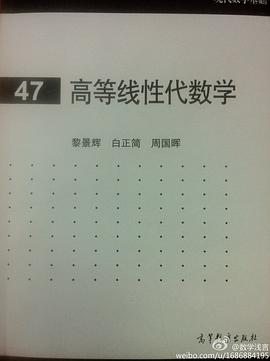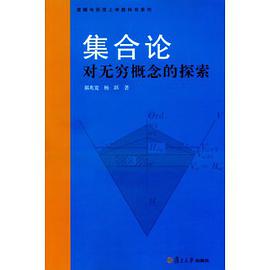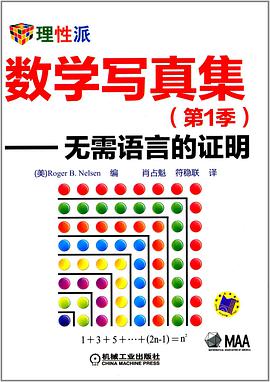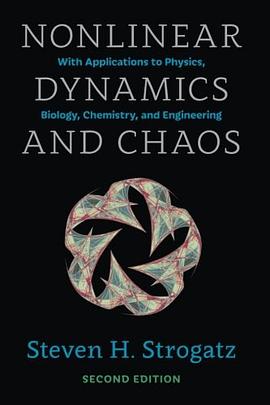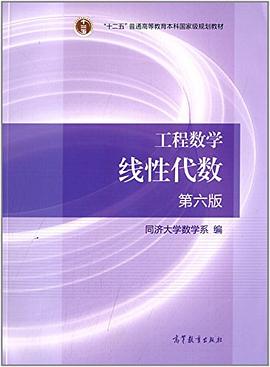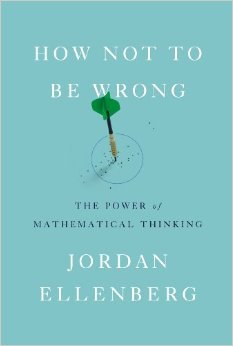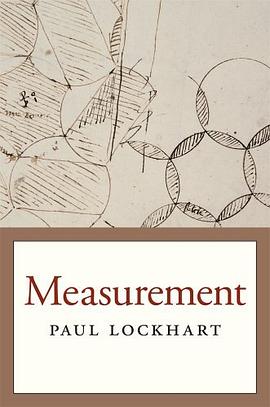

具体描述
David C. Lay holds a B.A. from Aurora University (Illinois), and an M.A. and Ph.D. from the University of California at Los Angeles. David Lay has been an educator and research mathematician since 1966, mostly at the University of Maryland, College Park. He has also served as a visiting professor at the University of Amsterdam, the Free University in Amsterdam, and the University of Kaiserslautern, Germany. He has published more than 30 research articles on functional analysis and linear algebra. As a founding member of the NSF-sponsored Linear Algebra Curriculum Study Group, David Lay has been a leader in the current movement to modernize the linear algebra curriculum. Lay is also a coauthor of several mathematics texts, including Introduction to Functional Analysis with Angus E. Taylor, Calculus and Its Applications, with L. J. Goldstein and D. I. Schneider, and Linear Algebra Gems–Assets for Undergraduate Mathematics, with D. Carlson, C. R. Johnson, and A. D. Porter. David Lay has received four university awards for teaching excellence, including, in 1996, the title of Distinguished Scholar—Teacher of the University of Maryland. In 1994, he was given one of the Mathematical Association of America’s Awards for Distinguished College or University Teaching of Mathematics. He has been elected by the university students to membership in Alpha Lambda Delta National Scholastic Honor Society and Golden Key National Honor Society. In 1989, Aurora University conferred on him the Outstanding Alumnus award. David Lay is a member of the American Mathematical Society, the Canadian Mathematical Society, the International Linear Algebra Society, the Mathematical Association of America, Sigma Xi, and the Society for Industrial and Applied Mathematics. Since 1992, he has served several terms on the national board of the Association of Christians in the Mathematical Sciences.
Steven R. Lay began his teaching career at Aurora University (Illinois) in 1971, after earning an M.A. and a Ph.D. in mathematics from the University of California at Los Angeles. His career in mathematics was interrupted for eight years while serving as a missionary in Japan. Upon his return to the States in 1998, he joined the mathematics faculty at Lee University (Tennessee) and has been there ever since. Since then he has supported his brother David in refining and expanding the scope of this popular linear algebra text, including writing most of Chapters 8 and 9. Steven is also the author of three college-level mathematics texts: Convex Sets and Their Applications, Analysis with an Introduction to Proof, and Principles of Algebra. In 1985, Steven received the Excellence in Teaching Award at Aurora University. He and David, and their father, Dr. L. Clark Lay, are all distinguished mathematicians, and in 1989 they jointly received the Outstanding Alumnus award from their alma mater, Aurora University. In 2006, Steven was honored to receive the Excellence in Scholarship Award at Lee University. He is a member of the American Mathematical Society, the Mathematics Association of America, and the Association of Christians in the Mathematical Sciences.
Judi J. McDonald joins the authorship team after working closely with David on the fourth edition. She holds a B.Sc. in Mathematics from the University of Alberta, and an M.A. and Ph.D. from the University of Wisconsin. She is currently a professor at Washington State University. She has been an educator and research mathematician since the early 90s. She has more than 35 publications in linear algebra research journals. Several undergraduate and graduate students have written projects or theses on linear algebra under Judi’s supervision. She has also worked with the mathematics outreach project Math Central http://mathcentral.uregina.ca/ and continues to be passionate about mathematics education and outreach. Judi has received three teaching awards: two Inspiring Teaching awards at the University of Regina, and the Thomas Lutz College of Arts and Sciences Teaching Award at Washington State University. She has been an active member of the International Linear Algebra Society and the Association for Women in Mathematics throughout her career and has also been a member of the Canadian Mathematical Society, the American Mathematical Society, the Mathematical Association of America, and the Society for Industrial and Applied Mathematics.
With traditional linear algebra texts, the course is relatively easy for students during the early stages as material is presented in a familiar, concrete setting. However, when abstract concepts are introduced, students often hit a wall. Instructors seem to agree that certain concepts (such as linear independence, spanning, subspace, vector space, and linear transformations) are not easily understood and require time to assimilate. These concepts are fundamental to the study of linear algebra, so students' understanding of them is vital to mastering the subject. This text makes these concepts more accessible by introducing them early in a familiar, concrete Rn setting, developing them gradually, and returning to them throughout the text so that when they are discussed in the abstract, students are readily able to understand.
用户评价
##作者在开篇就给了线性代数一个很新奇的定义:“从某种意义上说,线性代数是一门语言,你要像对待外语一样,每天都学。”书中有大量的应用实例,内容结构安排的很好,前几章就引入子空间,向量,线性变换的概念,还介绍了一下线性代数的核心思想和研究内容,而后面几章的内容都...
评分 评分##这周的作业有马尔科夫链和状态转移矩阵。最后变换为求解三元和四元的微分方程组的特解。 一类解法是拉普拉斯变换之后分离s和x(t),再使用逆变换。很不幸的是我功力尚浅,变换之后得到了一个满秩的齐次线性方程组。显然求解不下去。 另一种方法是矩阵的特征值和特征向量,相应的...
评分##最后一章写的太简略了,不过也毕竟这本书是一线性代数为主
评分##高等数学是我正式迈入高等教育殿堂的标志,而线性代数(以及另外两门课)是我在迈入高等教育殿堂之前的极为重要的铺垫、敲门砖、序曲。 这三门课都用英文教材。三本英文书各有特色,而且都很严密、很易懂、文笔很优美、幽默。 尤其是线性代数的书,百转千回、荡气回肠。读后,无...
评分 评分 评分##在学习的同时,知道很多应用实例,记忆非常深刻。 学完这本书,对线性代数的应用可以到一定的广度的了解 但是学完国内一般的线性代数教材,觉得还是非常虚幻。强烈建议国内大学实用。
评分一本非常好的线性代数基础书。 从考研以后,那些不常用到的数学知识变开始逐渐淡忘、褪色。最近对机器学习产生了兴趣,因此又重新开始温习线性代数。 这本书的内容跟中国的教材相比,并没有增加多少,甚至有些东西还有欠缺。但是跟国内图书的不同在于,它详细的讲解了每个公式...
相关图书
本站所有内容均为互联网搜索引擎提供的公开搜索信息,本站不存储任何数据与内容,任何内容与数据均与本站无关,如有需要请联系相关搜索引擎包括但不限于百度,google,bing,sogou 等
© 2025 book.qciss.net All Rights Reserved. 图书大百科 版权所有


